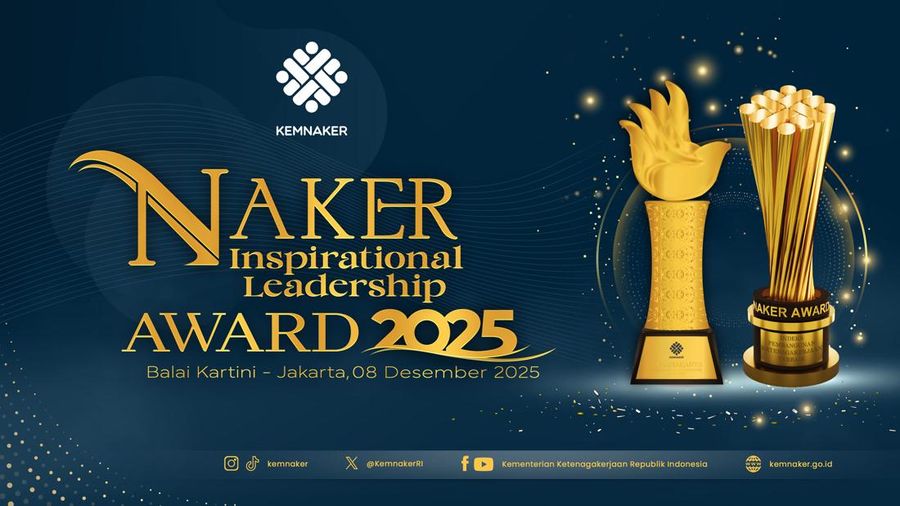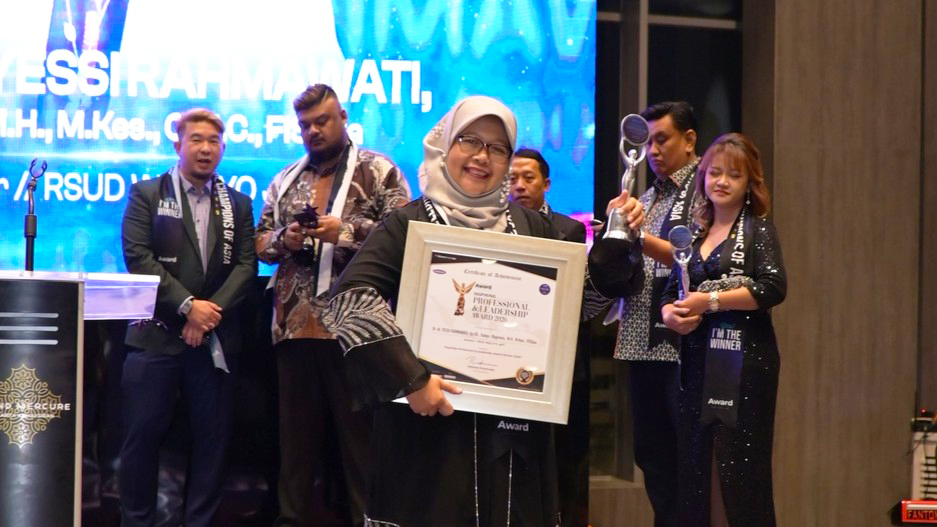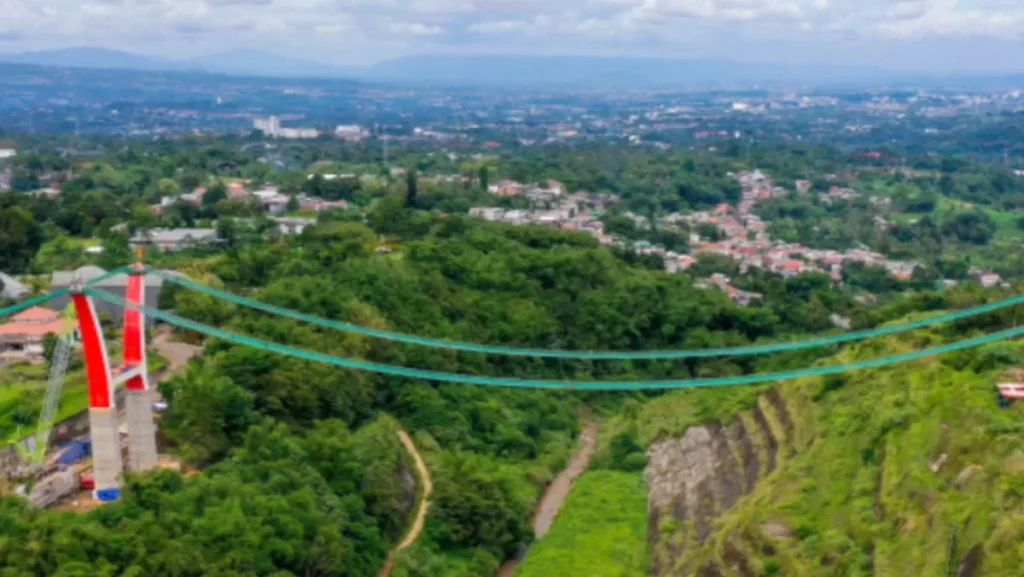Jakarta — In a joint step toward advancing child online safety in Indonesia, Meta and TikTok have expressed strong support for the government’s new regulation targeting digital safety for underage users. The move comes after President Prabowo Subianto signed a government regulation mandating stricter protections for children on digital platforms.
The regulation, enacted on March 28, 2025, obliges electronic system providers (ESPs) to implement enhanced age verification and safety protocols for users under 17. It draws inspiration from Australia’s Online Safety Amendment Act passed in late 2024, which similarly limits underage access to social media.
Meta’s Global Head of Safety, Antigone Davis, reaffirmed the company’s readiness to align with Indonesia’s regulatory goals, emphasizing Meta’s broader commitment to ensuring secure online environments for adolescents.
At the forefront of Meta’s initiative is the expansion of its Teen Accounts feature, initially launched on Instagram and now rolling out on Facebook and Messenger. These accounts default to private settings, block messages from strangers, limit exposure to sensitive content, and restrict notifications during night hours.
“Teen Accounts are designed to create that low-risk environment where safety tools are integrated by default,” said Davis. “We want teens to explore education, career, and community content online without compromising their security.”
The technology behind Meta’s safety efforts combines self-reported age data with AI-driven age estimation systems, which analyze behavioral and visual cues to detect underage users. However, Meta believes that a more effective long-term solution lies in a unified, app-store-level verification system that would provide consistent safeguards across all platforms.
TikTok, a platform with significant youth user engagement, has also pledged full cooperation with Indonesian authorities. The company has introduced its own age-sensitive controls and committed to enhancing transparency and oversight, in line with the new regulation.
With child online safety in Indonesia taking center stage, these collaborative efforts represent a major policy and industry milestone. They signal a shared understanding between governments and tech firms that child protection must evolve in tandem with digital innovation.






